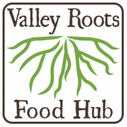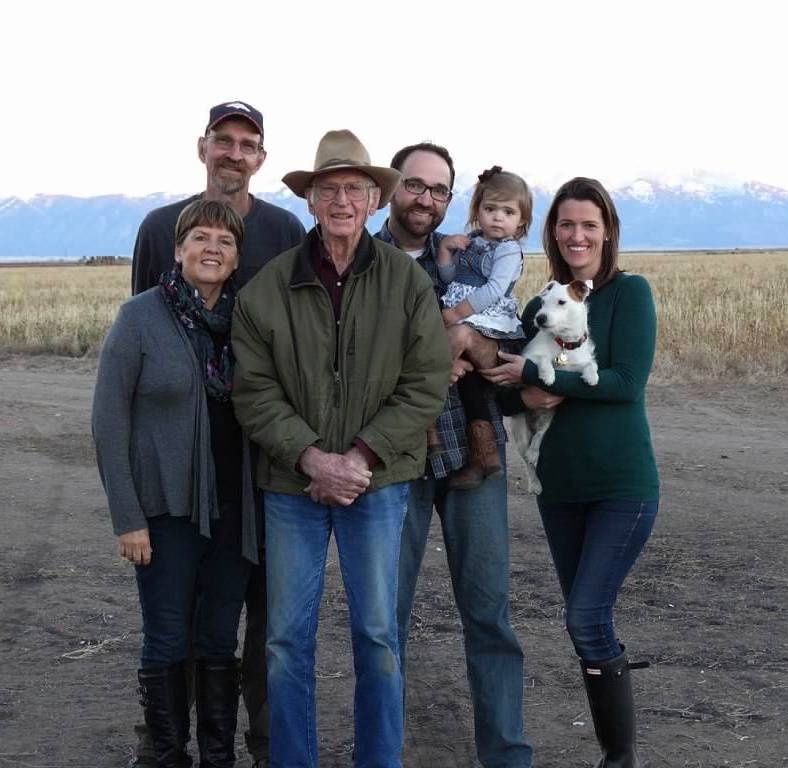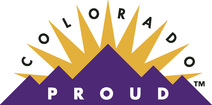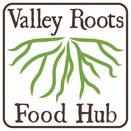|
Pictured above is the Jones family, 4 generations of farming near Hooper, CO. Check out their potato medley this year (ask your local grocer) and expect big things from them in the near future!
Dear Locavore, I would like to take this opportunity to run a series of small discussions of how we are different. This is in prelude to our Season Kick-off event coming up May 14th where I hope you can join us to meet your producers, eat and drink, and celebrate our food system. The Valley Roots Food Hub is currently a wholly-owned subsidiary of the San Luis Valley Local Food Coalition who is a 501 c3 non-profit organization run by a producer majority Board. Their Mission is to "Foster an equitable local food system that restores the health of the people, community, economy and ecosystem." Under the stalwart leadership of Liza Marron, they have tackled several important aspects of a local food system including teaching people how to shop for whole foods, how to prepare and cook whole foods, and how to get by on a budget. Now with the Rio Grande Farm Park, aspiring farmers can affordably lease some prime land and water, use the shared resources of tractor and implements, and have basic insurance coverage. Board member, farm manager, and agronomist Patrick O’Neil can also be there for advice and consultation about soil health practices, composting, tillage, etc. Valley Roots also can lend thoughts on crop selection for marketability, pack standards, and offer a reliable 0-7 day payment on food purchases. How else are we going to shorten the average age of an American farmer? Overcome the high costs of land and water? Keep small farming alive and beautiful? The Valley Roots Food Hub is where the rubber meets the road, pun intended. Our mission is twofold. First, we aim to get local food into the hands of local buyers, and then we will access further markets and larger buyers. Secondly, we want to build a food system that is by nature sustainable and pays for itself. Therefore, we aim to achieve a gross sales volume that allows a break even business model so that the small margin we put on our food pays for our service including all labor, fuel, truck costs, insurance, consumables, rent, online costs, utilities, etc. This is where we are really different than the billion dollar companies that we have to compete against. We have no shareholders that are demanding profits, in fact our Board demands soil health and social/environmental justice. We simply seek to earn enough revenue to sustain operations. And because we are owned by a non-profit we can also apply for capitol improvement funds to cover expenses such as cooler/freezer repair and/or replacement, equipment purchases, and large infrastructure projects. This ability allows us to focus our earned revenue on day-to-day operations and not try to spread it over capitol improvements projects as well. What this all means is that sufficient order volume is the key to sustaining this local food system. Thanks for doing your part! That’s how we are different. More next week. Calender Updates:
0 Comments
Leave a Reply. |
Archives
June 2024
Categories |


 RSS Feed
RSS Feed

